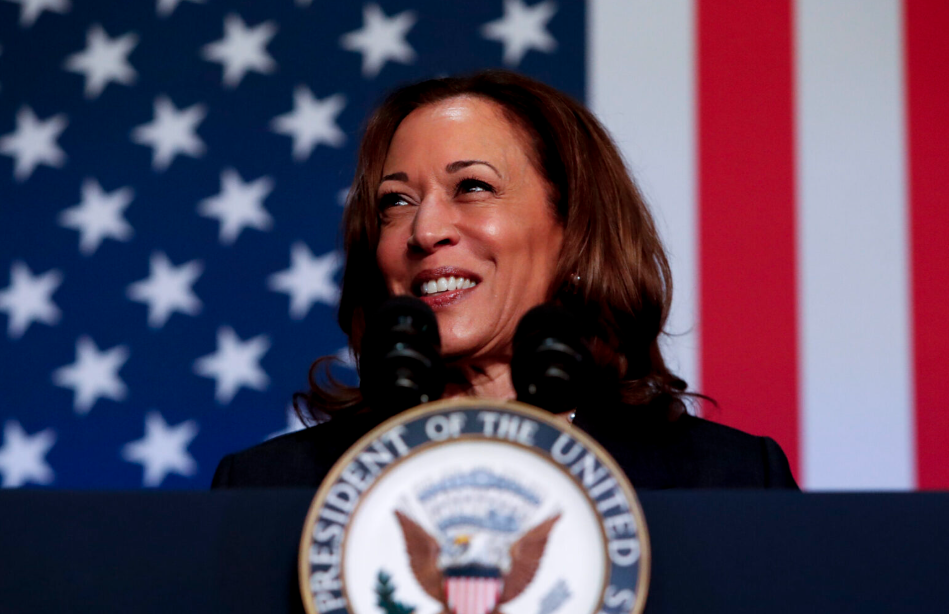Introduction
Democratic presidential nominee and U.S. Vice President Kamala Harris has made a bold commitment to take decisive action aimed at ending the ongoing conflict in Gaza. Her vow comes amid escalating violence and humanitarian crises that have drawn international condemnation and concern.
Context of the Conflict
Recent Escalation
The conflict in Gaza has intensified recently, leading to significant casualties and widespread devastation. With reports of civilian suffering mounting, the international community has been increasingly vocal about the need for a resolution to the violence. Harris’s statement reflects a growing urgency among U.S. leaders to address the crisis more effectively.
Humanitarian Impact
The humanitarian situation in Gaza is dire, with many residents lacking access to essential services such as food, water, and medical care. The escalation of hostilities has exacerbated existing challenges, prompting calls for a ceasefire and immediate aid to affected populations.
Harris’s Commitment
Political and Diplomatic Efforts
In her statement, Harris emphasized her commitment to utilizing all available diplomatic channels to facilitate peace in the region. She pledged to work closely with international allies and organizations to broker a ceasefire and ensure that humanitarian aid reaches those in need.
Engaging with Stakeholders
Harris’s approach includes engaging with key stakeholders in the region, as well as advocating for policies that prioritize human rights and the protection of civilians. She has indicated that addressing the root causes of the conflict will be essential for achieving lasting peace.
Reactions to Harris’s Statement
Support from Advocacy Groups
Human rights organizations and peace advocates have welcomed Harris’s commitment, viewing it as a necessary step toward addressing the ongoing crisis. Many are calling for the U.S. to play a more active role in promoting peace and supporting humanitarian efforts in Gaza.
Criticism and Challenges
While Harris’s vow has received support, some critics argue that past U.S. policies have contributed to the ongoing conflict. They urge her to take a more critical stance on U.S. military aid and its implications for the region. The complexities of the situation present significant challenges to achieving her stated goals.
Conclusion
Kamala Harris’s promise to do “everything in her power” to end the war in Gaza highlights the urgent need for effective leadership in addressing the humanitarian crisis. As she prepares for the presidential election, her stance on foreign policy will be closely scrutinized, particularly in light of the ongoing challenges in the region. The call for peace and humanitarian support resonates not only within the United States but across the globe, emphasizing the importance of diplomatic engagement and a commitment to human rights.
References
- U.S. State Department. (2024). Statement on the Situation in Gaza.
- Amnesty International. (2024). Urgent Call for Humanitarian Aid to Gaza.
- The New York Times. (2024). Harris Pledges Action Amid Escalating Conflict in Gaza.
- Council on Foreign Relations. (2024). Understanding the Gaza Conflict: Background and Current Events.
Harris’s commitment to peace represents a critical moment in U.S. foreign policy, reflecting the broader desire for stability and humanitarian relief in conflict-affected regions.



